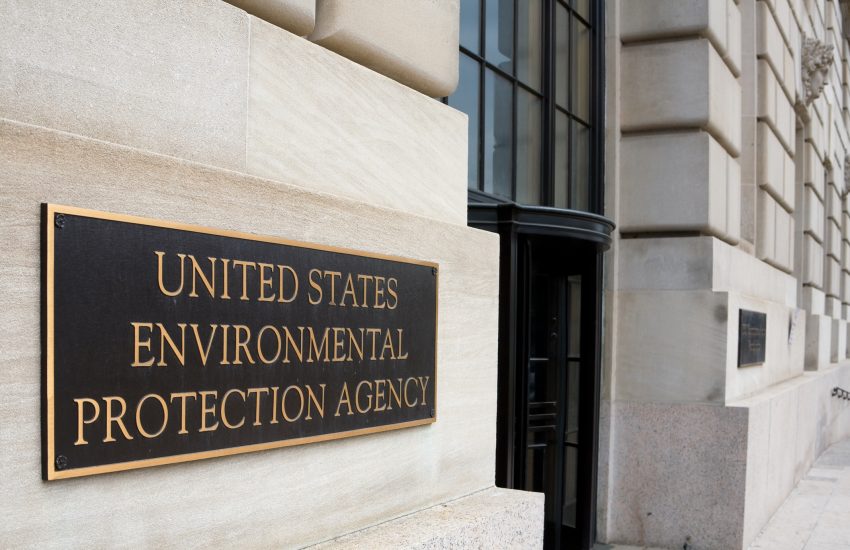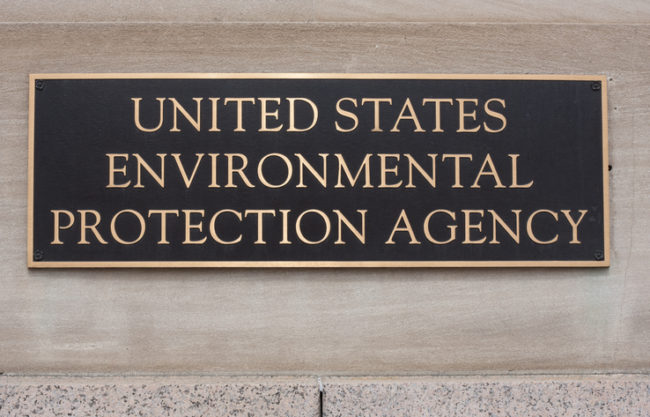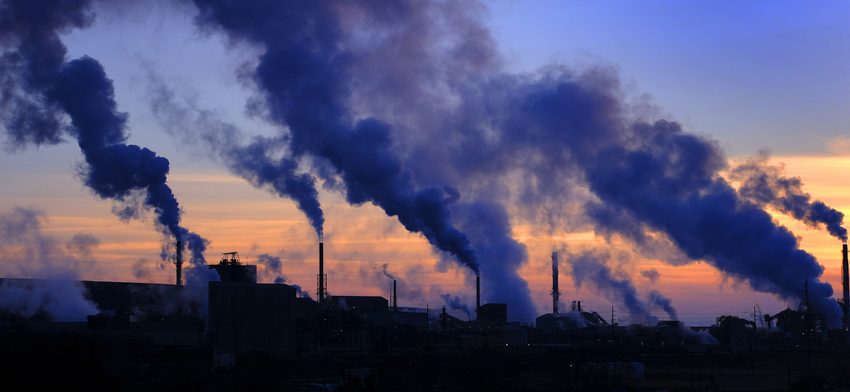New Jersey just announced a proposed $393 million settlement with Solvay Specialty Polymers USA, LLC that would ensure the remediation of contamination near Solvay’s facility in West Deptford that manufactures plastic components for consumer products. This contamination included the release of per- and polyfluoroalkyl substances (PFAS).
The proposed settlement commits Solvay to:
- Pay for and implement comprehensive remedial activities at and in the vicinity of its West Deptford facility;
- Provide financial support for certain public water system upgrades necessary to remove PFAS from drinking water;










